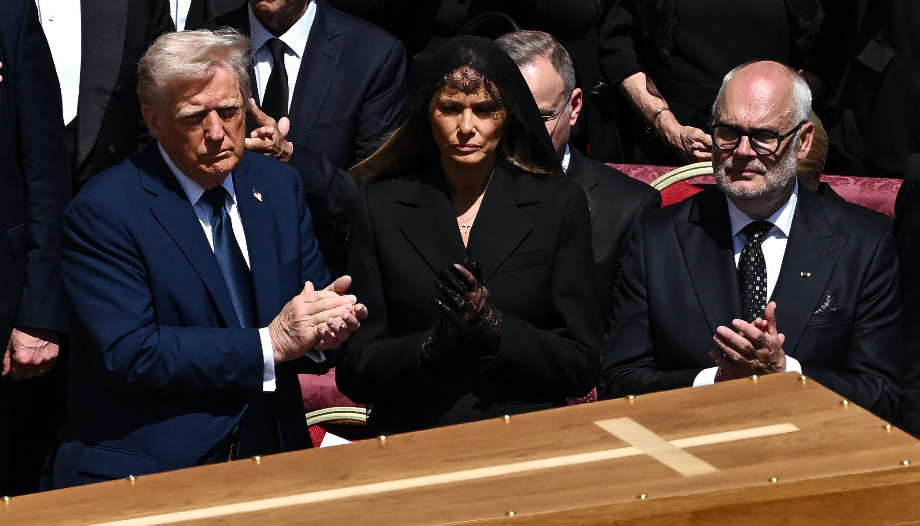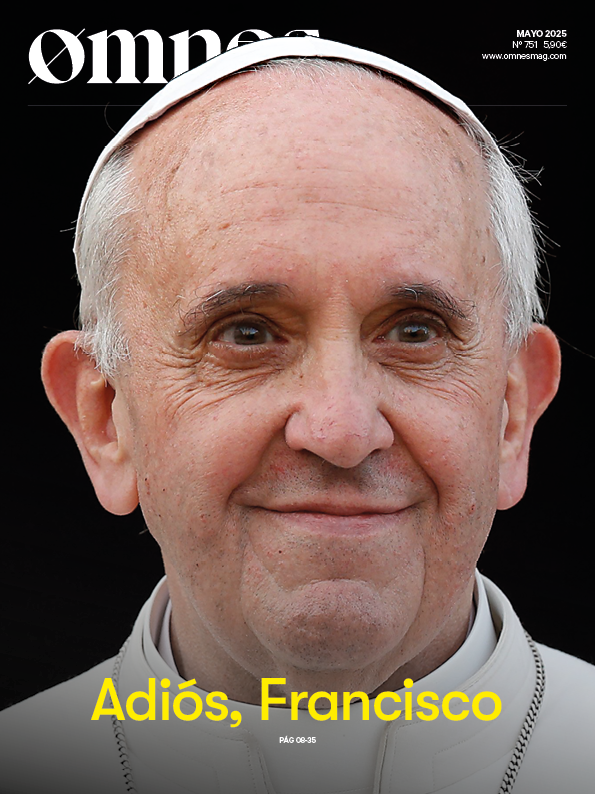Quite a few Catholics confuse their personal political opinion with moral and religious truth. They find it difficult to know what is opinionated and therefore a matter of prudence in the practical art of political and social action. They think that Christianity is conservative, or that it is progressive. At the same time, they often do not know the ethical truth, due to a great religious ignorance and environmental relativism.
Francis taught the world that the Church is neither right-wing nor left-wing, it is simply Catholic, which means universal. Every Catholic can choose to be politically conservative or progressive. And therefore, a Catholic, a Christian, votes according to his or her conscience, well formed, according to the social teachings of the Church. Prudentially. But here is the crux of the matter: there is so much ethical ignorance!
For example, in Canada, a Catholic could vote for the Liberals of Mark Carney, who won the election on April 28, or for the Conservatives of Pierre Poilievre, who lost it. Both parties promoted policies that were problematic from the point of view of the Church's social doctrine. Which would be the lesser evil?
Regarding last November's U.S. election, on September 14, 2024 Francis said, in a press conference on the papal plane, "You have to choose the lesser of two evils. That lady (Kamala Harris) or that gentleman (Donald Trump)? I don't know. Everyone with a conscience must think about this and choose. To expel immigrants, to leave them wherever you want, to abandon them... it is a terrible thing, there is evil there. Expelling a child from the mother's womb is murder, because there is life."
A few days before the Argentinean Senate legalized abortion on December 30, 2020, Francis had pointed out, with reference to that law: "The Son of God was born discarded to tell us that every discarded person is a child of God. He came into the world as a child comes into the world, weak and fragile, so that we can welcome our frailties with tenderness".
To an Argentine deputy the Pope had written in November 2020: "On the problem of abortion, keep in mind that it is not primarily a religious issue, but one of human ethics, prior to any religious confession. Is it fair to eliminate a human life to solve a problem? Is it fair to hire a hitman to solve a problem?"
Ten years ago, in his famous encyclical Laudato si‘ (nn. 60-61) Francis asserted: "Various visions... and possible solutions have been developed. At one extreme, some hold to the myth of progress at all costs and affirm that ecological problems will be solved simply by new technical applications, without ethical considerations or changes of substance. At the other extreme, others understand that the human being, with any of his interventions, can only be a threat and harm the global ecosystem, so it is convenient to reduce his presence on the planet and prevent him from any kind of intervention".
"Between these extremes, reflection should identify possible future scenarios, because there is no single solution path. This would give rise to diverse contributions that could enter into dialogue towards integral answers. On many concrete questions the Church has no reason to propose a definitive word and understands that it must listen and promote honest debate among scientists, respecting the diversity of opinions. But it is enough to look with sincerity to see that there is a great deterioration of our common home. Hope invites us to recognize that there is always a way out". What he writes there about our common home, planet Earth, could be applied to so many other burning issues.
With his magisterium, Francis wanted to make rulers, leaders, intellectuals and every Christian, every ordinary citizen responsible: to sensitize them to promote morally good solutions. On marriage and the family, on life from conception to natural death, on Gaza and the Congo and other wars, on immigration, the economy, health... Let us not forget, to end with a lacerating example, that almost 800 million people (or 10 % of humanity) find it difficult to have access to adequate food: for them, every day is a day of fasting. There is a "polycrisis", due among other things to climatic changes and conflicts, which reverses the progress made in the fight against hunger. (See the report of two European NGOs Global Hunger Index 2023).
Montreal / Toronto









